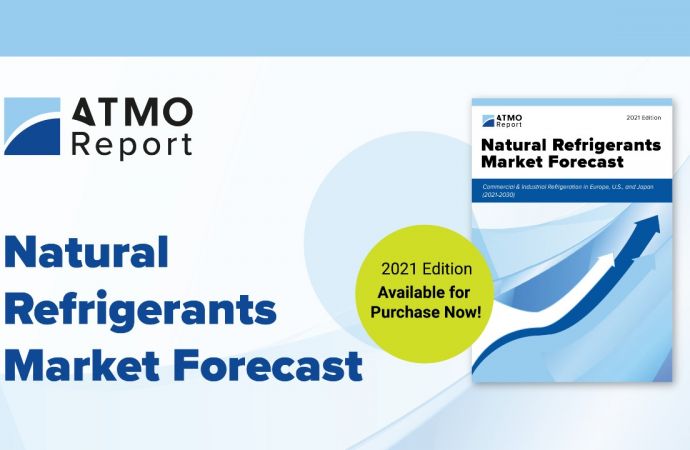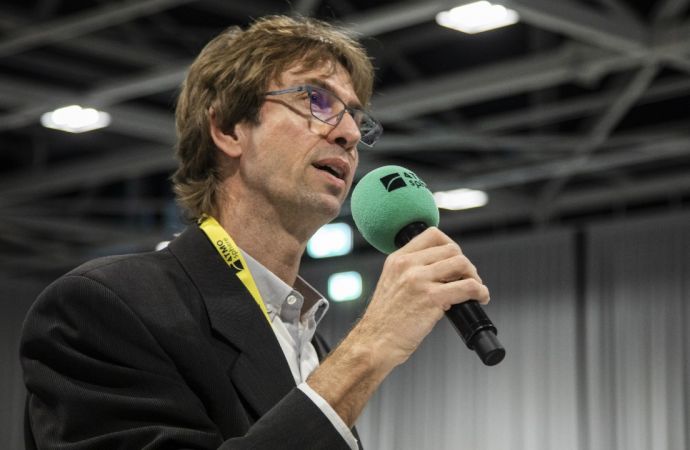World leaders gathering in the Rwandan capital next week are expected to agree on an ambitious phase-down of hydrofluorocarbons (HFCs). Ahead of the meeting, shecco has published the second edition of The Natural Voice magazine, entitled ‘Mainstreaming Natural Refrigerants’.

Excitement is building ahead of the 28th Meeting of the Parties to the Montreal Protocol for the Protection of the Ozone Layer, taking place in Kigali from 8-14 October. Similar to last year’s Paris Agreement on climate change, this meeting is also expected to result in a legally binding mechanism: this time to ban HFCs.
More than 100 countries have already indicated their intention to push for an ambitious phase-down, with encouragement from the business community.
HFC phase-down: An opportunity for natural refrigerants
An agreement to phase-down of HFCs will significantly reduce the amount of greenhouse gases released into the atmosphere. Phasing down HFCs could also prevent global temperatures from rising by up to 0.5°C.
With the Paris Agreement coming into force on 4 November 2016, an agreement in Kigali could give many countries the kickstart they need to meet their emission reduction targets. India, the European Union, the United States and a group of Pacific island nations have each put forward a proposal. Though the exact terms are still to be negotiated, a strong business case for natural refrigerants is likely to emerge from the deal.
The Montreal Protocol has been highly successful at removing harmful CFCs and HCFCs from atmospheric circulation. Both of these substances caused havoc on the ozone layer. Since their phase-down in 1991 and 2003 respectively, the hole in the ozone layer has been showing signs of recovery.
Spotlight on developing countries in The Natural Voice #2
The second edition of The Natural Voice magazine features a number of successful transition projects globally, showcasing the practical steps that companies and governments alike can take to phase down HFCs.
Developing countries have an opportunity to leapfrog HFCs as part of their technological transition, taking advantage of highly efficient natural refrigerants. As reported in The Natural Voice, projects in the Gambia, Vietnam, Jordan, South Africa, China, Thailand, Tanzania and Saudi Arabia are already addressing technology transfer and training of technicians.
The success of these projects demonstrates that natural refrigerants have the potential to become a global phenomenon and are on the way to becoming mainstream under the future global agreement.
Any agreement at the Kigali meeting with be the starting gun for business to transition away from harmful HFCs.
Related stories



